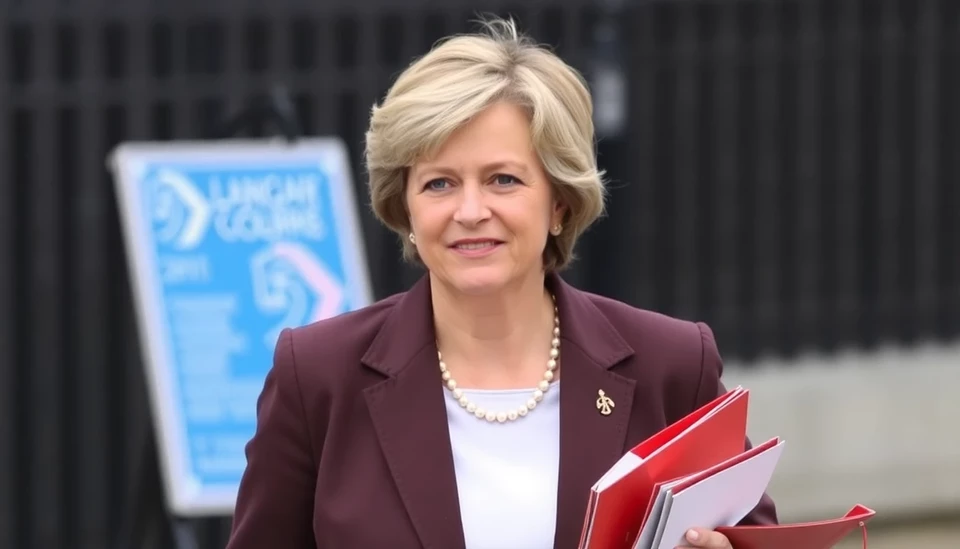
In the world of finance, trust and confidence are as crucial as any hard metric. In a recent wake-up call reminiscent of former Prime Minister Liz Truss's tumultuous economic decisions, the market is solidifying its stance as the true arbiter of the UK's financial trajectory. This scenario, compared to moments in the past when bold decisions led to rapid policy reversals, highlights the extent to which markets dictate much of economic stability.
The UK bond market has once again asserted its dominance, sending a clear message that fiscal recklessness will not be tolerated. The recent surge in bond yields—which reflect investor expectations about future interest rates—has created a ripple effect throughout the economy, underscoring the reality that government actions directly impact market perceptions and stability.
Specifically, the recent fluctuations in UK bonds reveal investor anxiety about government fiscal policies, reminiscent of how the market reacted to Truss's brief and chaotic tenure. During her time as Prime Minister, her contentious mini-budget aimed at unfunded tax cuts triggered an immediate backlash from investors, leading to soaring yields and increased borrowing costs. This served as a pivotal lesson in the consequences of disregarding market signals.
Current political leaders are now more cautious, understanding that the bond market plays a crucial role in shaping economic policy. Since Truss's departure, there seems to be a renewed reverence for fiscal discipline, driven by the latent fear of adverse market reactions similar to those seen during her administration. Investors are keeping a close eye on how government spending and tax proposals align with established economic realities.
The trajectory of UK bonds illustrates that while politics may dictate government action, the market ultimately enforces consequence. As yields continue to rise, there's a growing sense among policymakers that maintaining credibility is essential in preserving economic stability. Broadcasting commitment to prudent fiscal policy has become a paramount objective for today's leaders, as they strive to regain investor trust.
This situation also emphasizes the delicate relationship between political aspirations and market realities. A government can propose ambitious policies, but unless those plans are backed by credible financing, they risk alienating essential financial stakeholders. The UK finds itself at a crossroads, punctuated by lessons learned from recent history.
As analysts and economists reflect on these developments, the message is clear: the bond market remains an authoritative figure that cannot be ignored. In times when fiscal strategies come under scrutiny, it serves as a reminder that sound economic policy is the foundation of stability and growth. The UK's bond market is not merely influenced by immediate metrics but instead embodies the broader economic narrative that shapes investor faith and market reactions.
For UK policymakers, working in tandem with fiscal prudence offers the best pathway forward. The commitment to navigating a stable economic environment rooted in sound financial principles is imperative, especially as the unpredictable nature of global markets continues to unfold.
Ultimately, as the UK contemplates its economic strategy moving forward, a commitment to maintaining respect for the bond market's influence is vital. The ‘Liz Truss moment’ serves as a cautionary tale, underscoring the market's role as a paramount judge of governmental efficacy and economic policy. The time is ripe for leaders to exhibit the kind of fiscal responsibility that will inspire confidence and mitigate risk in an uncertain financial landscape.
In conclusion, the lessons of the past echo in the present. The bond market remains the backbone of fiscal stability, and UK policymakers must heed its warnings to foster a resilient economic future.
#UKPolitics #BondMarket #EconomicStability #LizTruss #InvestorConfidence #FiscalPolicy
Author: Rachel Greene




